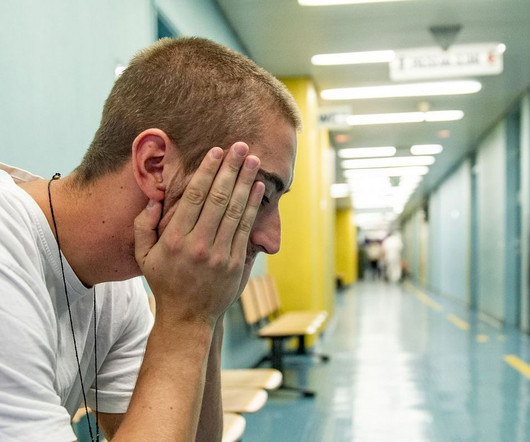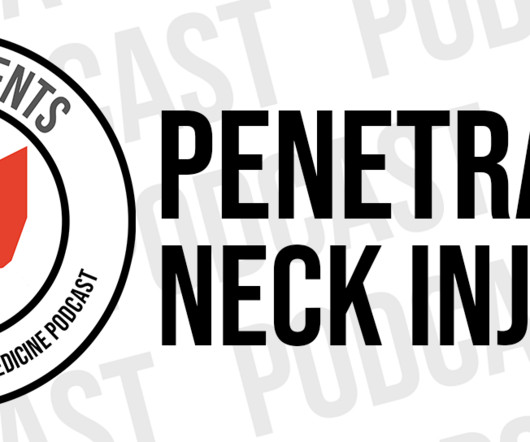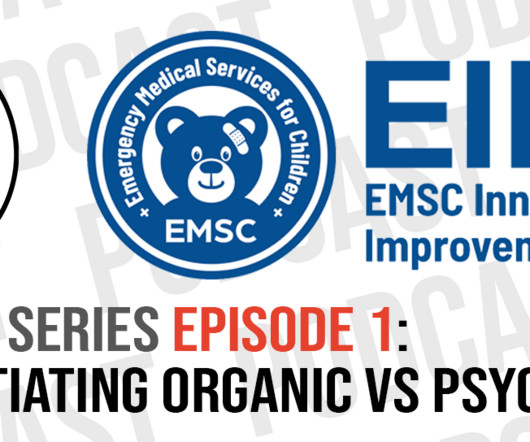The Power of Words, 16 Years Later
A Country Doctor Writes
MAY 18, 2025
This was in part because we shared patients and patient experiences between our departments and had a bidirectional way of making warm handoffs. If a primary care patient was going through a difficult time with their social life or mental health, we would walk them down the hall to meet a therapist right then and there.





























Let's personalize your content